Howard Hughes Sets a Transcontinental Air Record: A Landmark in Aviation History
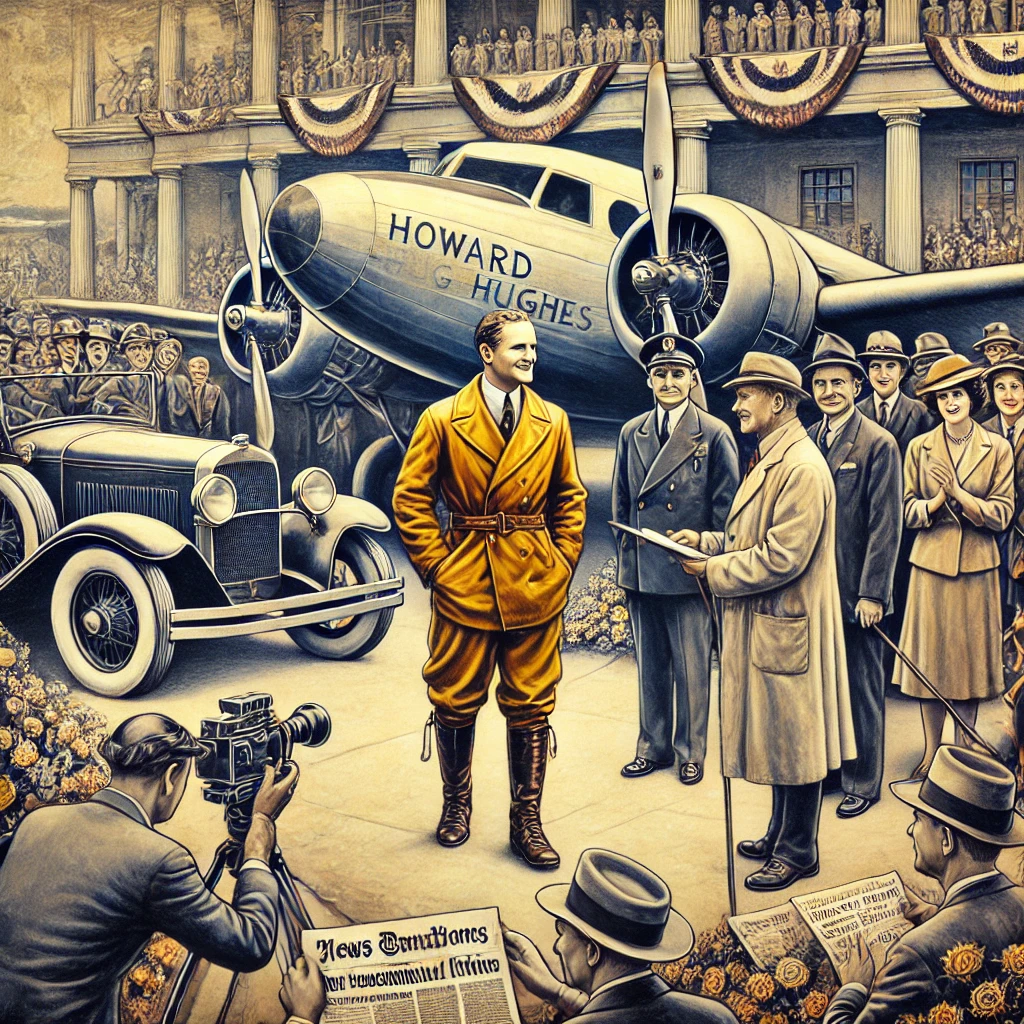
A trailblazing moment in aviation occurred on January 19th, 1937, when Howard Hughes set a transcontinental air record by flying from Los Angeles to Newark in 7 hours, 28 minutes, and 25 seconds. This remarkable feat captured the imagination of a nation and solidified Hughes’s reputation as a pioneer in aviation. More than just a […]
Edgar Allan Poe, Master of the Macabre, is Born

On January 19th, 1809, the legendary writer Edgar Allan Poe was born in Boston, Massachusetts. Known for his contributions to the mystery, horror, and detective genres, Poe’s works continue to captivate readers worldwide. His life, though marked by tragedy, produced a literary legacy that remains unparalleled, influencing countless writers and shaping the Gothic tradition. A […]
The Paris Peace Conference Opens: Shaping the Post-War World
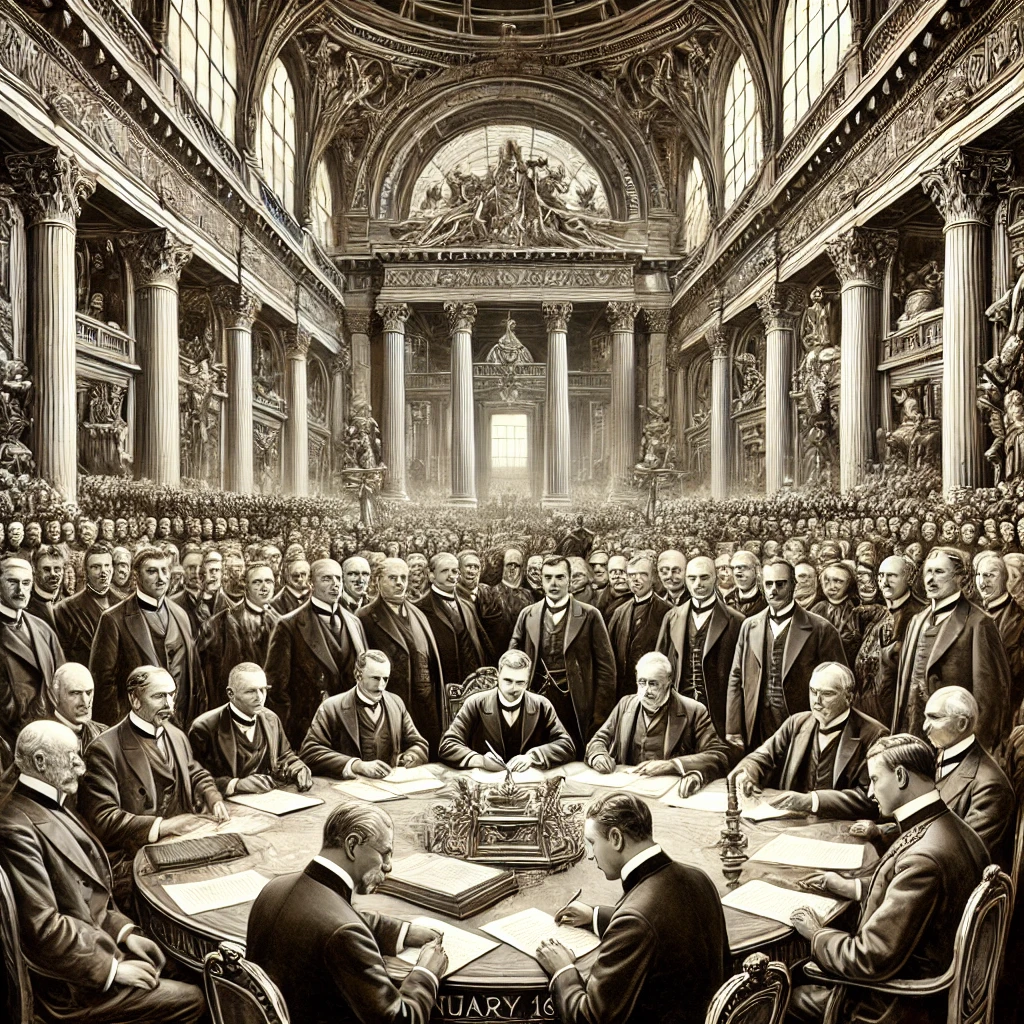
On this day in 1919, the Paris Peace Conference opened, setting the stage for the Treaty of Versailles and the end of World War I. This monumental gathering brought leaders from around the globe to the negotiating table, aiming to restore stability to a world shattered by conflict. The conference not only sought to address […]
The Arrival of the First Fleet: A Turning Point in Australian History
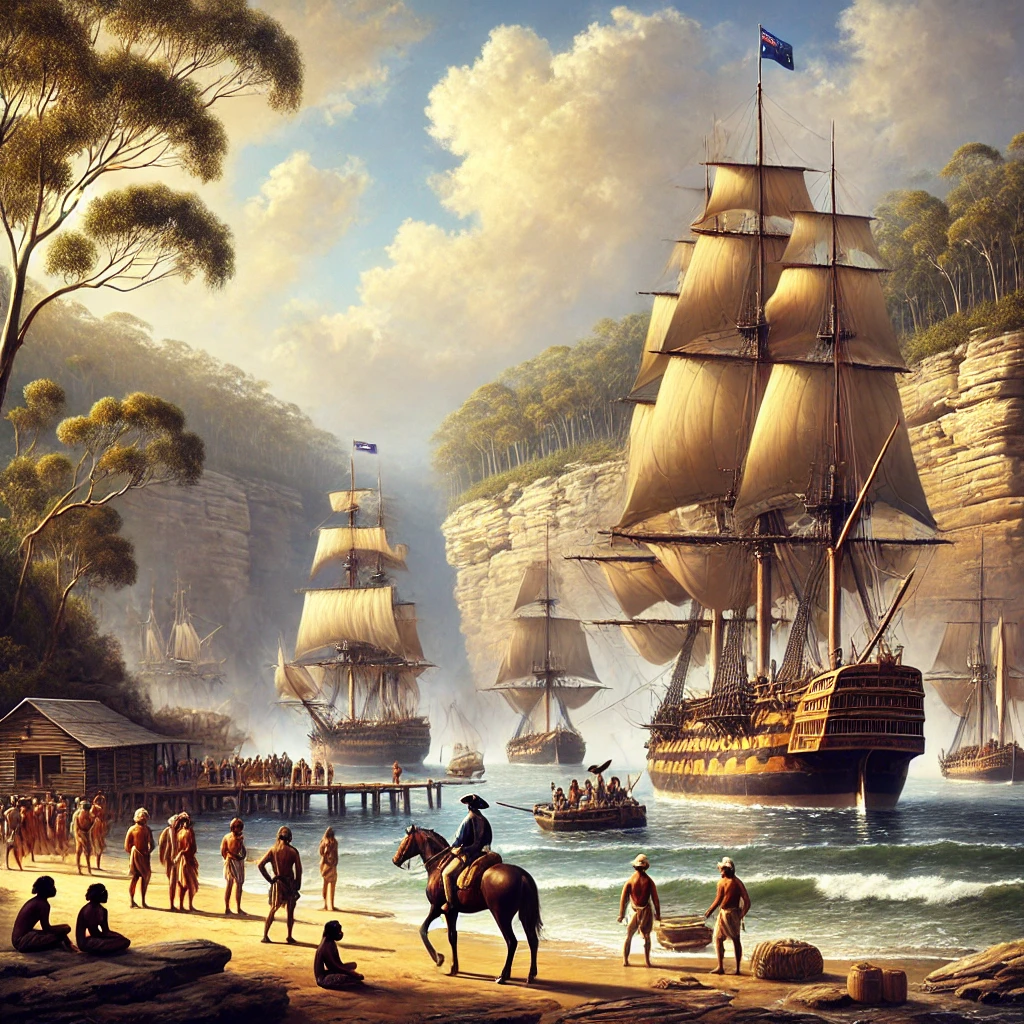
A pivotal moment in Australian history occurred on January 18th, 1788, as the First Fleet, carrying convicts and settlers, arrived in Botany Bay. This event marked the beginning of European settlement in Australia, setting the stage for the development of a nation. With eleven ships and over 1,400 people, including 736 convicts, the fleet undertook […]
Discovering the Aloha State: Captain James Cook’s Encounter with the Hawaiian Islands
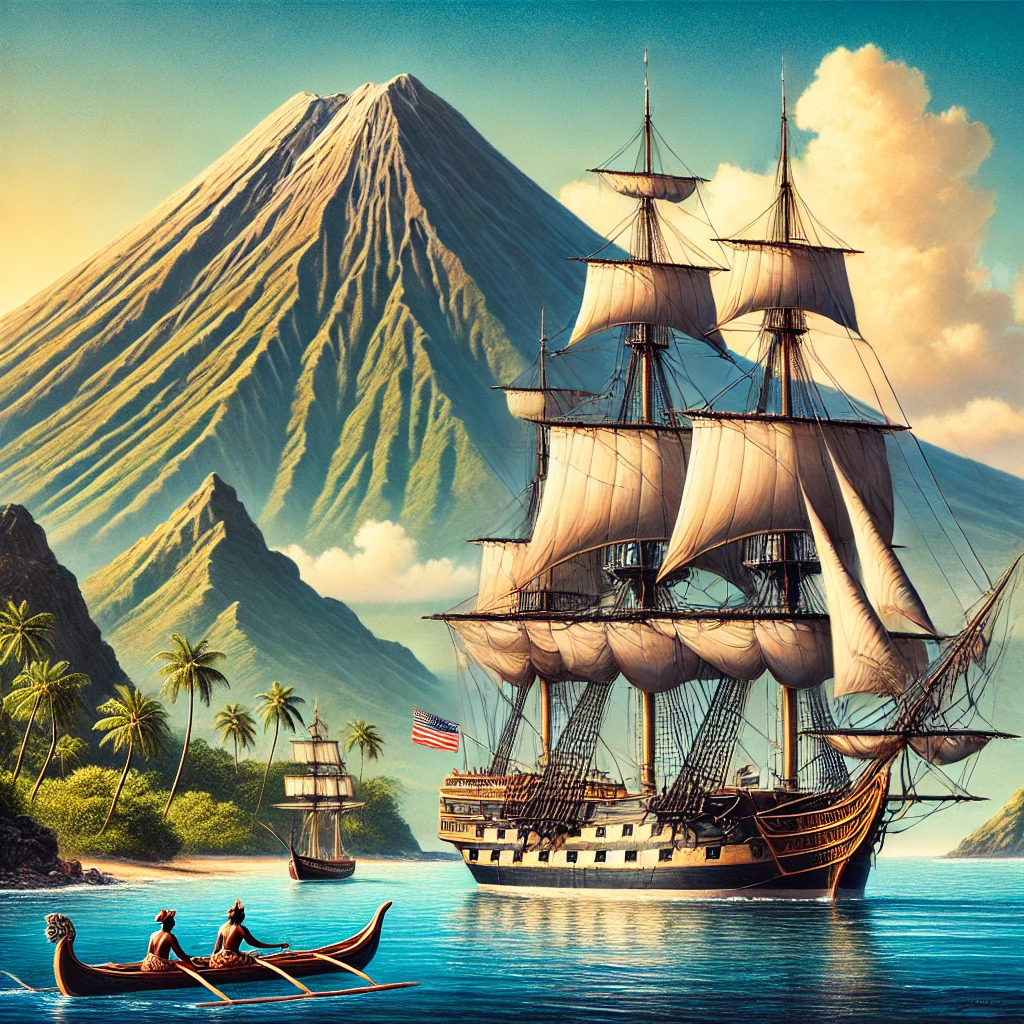
On January 18th, 1778, the renowned British explorer Captain James Cook became the first European to discover the Hawaiian Islands, a momentous event that would shape the course of history for this Pacific paradise. Known as the “Sandwich Islands” at the time, Cook’s arrival marked the introduction of these islands to the Western world, expanding […]
The Liberation of Warsaw: A Turning Point in World War II
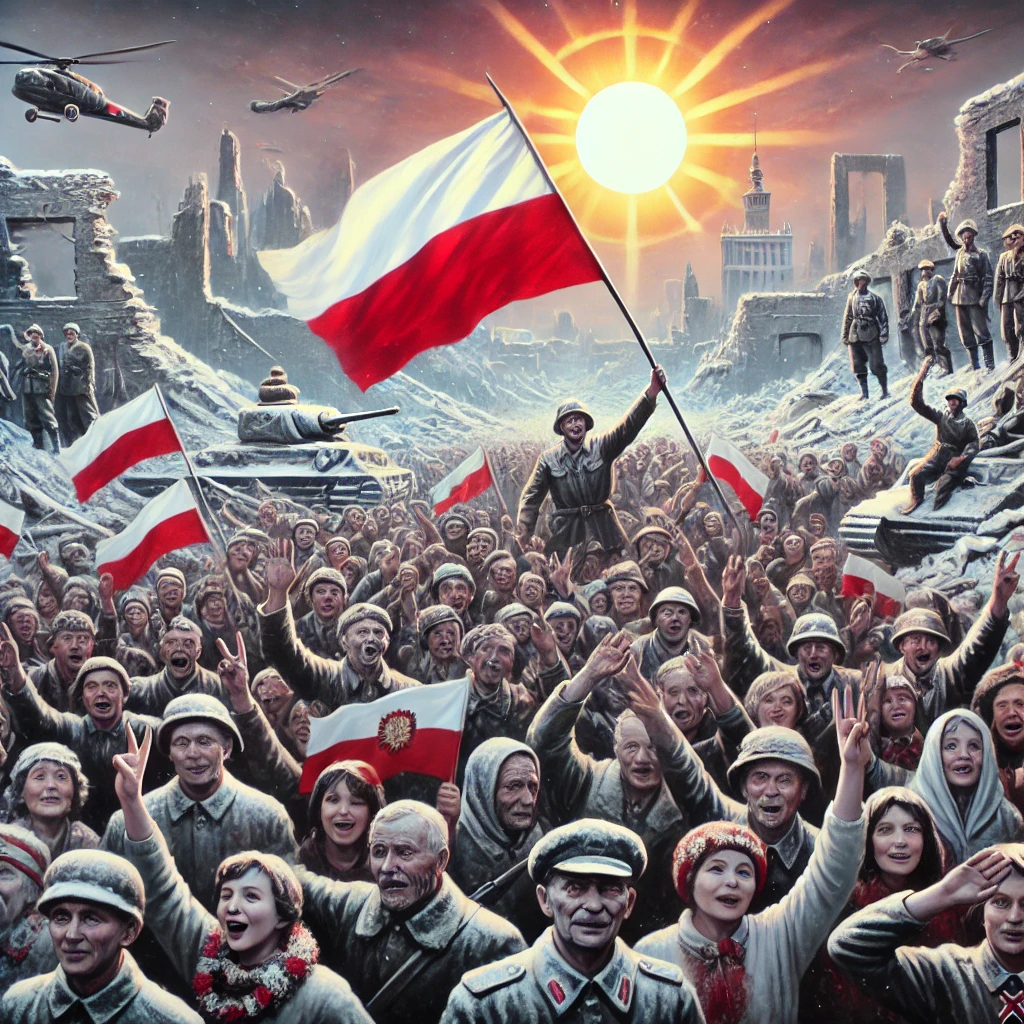
During World War II, on January 17, 1945, Soviet forces successfully liberated Warsaw, Poland, from German occupation. This momentous event marked a crucial turning point on the Eastern Front, signaling the waning power of Nazi Germany and the rise of Soviet influence in Eastern Europe. The liberation of Warsaw remains a significant chapter in the […]
Popeye the Sailor Man: A Spinach-Fueled Icon Sets Sail

A beloved pop culture icon set sail on January 17th, 1929, as Popeye the Sailor Man made his first appearance in comic strips. Created by Elzie Crisler Segar, Popeye debuted in the “Thimble Theatre” comic strip, originally published in the New York Evening Journal. What began as a minor character would soon evolve into one […]
Benjamin Franklin is Born: The Legacy of an American Polymath
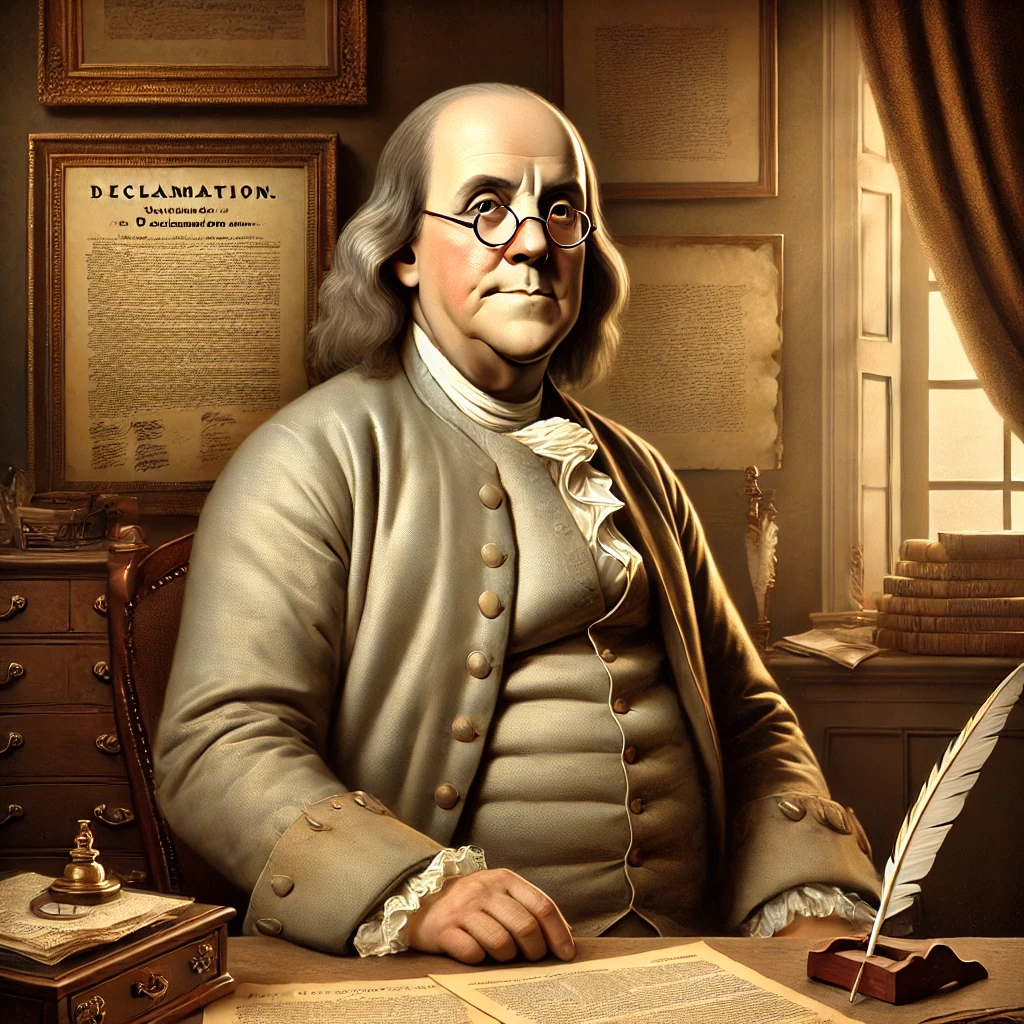
On January 17th, 1706, one of the Founding Fathers of the United States, Benjamin Franklin, was born in Boston, Massachusetts. His contributions to science, literature, and diplomacy would leave an indelible mark on history. Known for his insatiable curiosity and dedication to public service, Franklin’s life and achievements serve as a beacon of ingenuity and […]
The Space Shuttle Columbia: A Historic Launch with a Tragic End

January 16, 2003, marked a pivotal day in the history of space exploration as the Space Shuttle Columbia launched from Kennedy Space Center on mission STS-107. This mission, dedicated to scientific research, carried a diverse array of experiments to be conducted in microgravity. Aboard Columbia were seven astronauts, each contributing expertise to the ambitious objectives […]
Benny Goodman’s Carnegie Hall Jazz Concert: A Historic Night in Music

A groundbreaking moment in the history of jazz occurred on January 16th, 1938, when Benny Goodman and his orchestra performed at Carnegie Hall in New York City. The concert, now celebrated as one of the greatest in the genre, marked a pivotal moment in jazz history, transcending cultural barriers and elevating jazz to a respected […]
